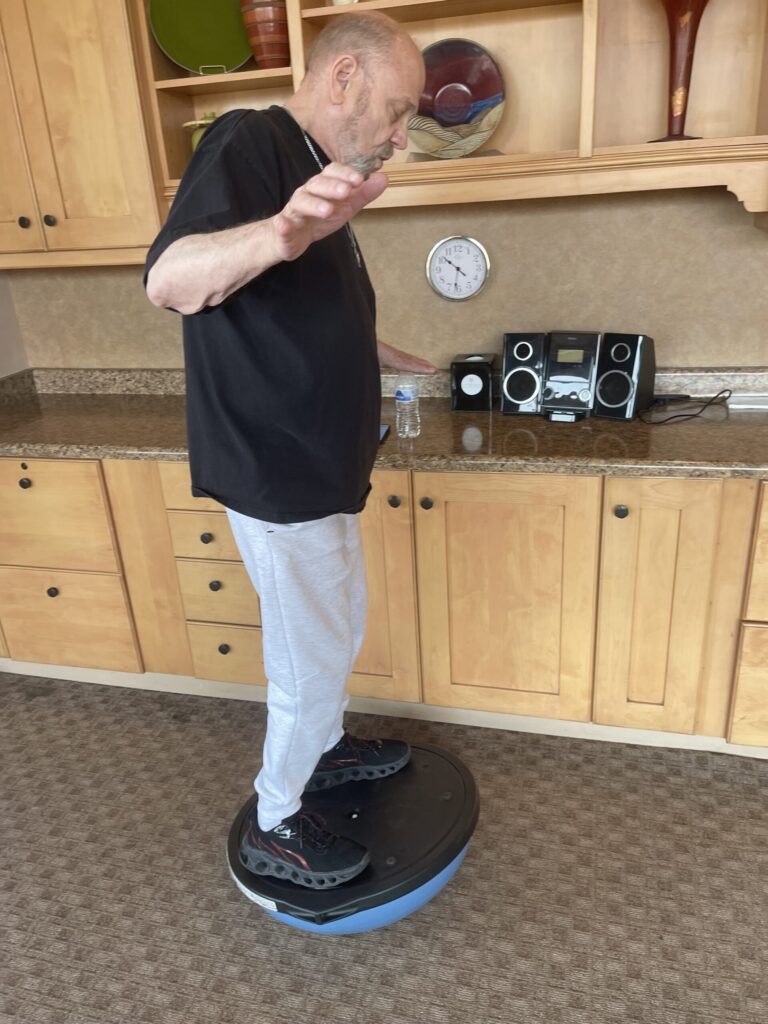Hearing and Balance Doctors in Worcester Massachusetts
How Treating Hearing Loss Significantly Reduces the Risk of Falling and Losing Independence in Aging Adults
At Hearing and Brain Centers, our team offers our patients the most advanced care available today for hearing loss, Tinnitus, and the associated cognitive impacts. When you choose us for your care, you can look forward to a variety of treatment options including new hearing treatment plans, invisible hearing aids, traditional hearing aids, and more. Our experienced team continually strives to help you restore your hearing and reduce or eliminate any unwanted tinnitus.

Falling is the leading cause of injury-related death among our aging population and is responsible for 3 million older adults being treated or hospitalized annually. The fear of falling is significant among the aging population, and the consequences can be severe, both physically and economically.
There are multiple factors which contribute to the increased risk of falls in older adults. These factors include changes in cardiovascular function, nutritional deficiencies, medication interactions, vision and hearing loss, and balance disorders. Untreated Hearing loss is as a critical contributor to falling. Hearing loss impairs the brain's ability to interpret environmental cues, increasing fall risk by up to 300%.
The fall death rate has increased by over 30% in the past decade, with projections suggesting that there could be seven fall-related deaths every hour within the next decade. The cost of a single fall can average around $30,000, and a history of falls significantly raises the likelihood of subsequent falls.
Several factors amplify the fall risk among the elderly:
- Hearing Loss: Impaired hearing reduces environmental awareness, significantly raising fall risk.
- Decline in Physical Fitness: Reduced activity leads to decreased muscle strength, balance, and coordination.
- Impaired Vision: Age-related vision problems make it difficult to detect fall hazards.
- Medications: Certain medications can cause dizziness or drowsiness, increasing fall risk.
- Hypertension: Orthostatic hypotension can lead to dizziness upon standing.
- Diabetes: Older adults with diabetes face a much higher fall risk due to associated physical impairments.
- Chronic Diseases: Conditions like Parkinson's disease and arthritis contribute to balance issues and cognitive impairments.
- History of Surgery: Surgical procedures can result in weakness and reduced mobility.
- Environmental Hazards: Unsafe home environments with poor lighting and clutter contribute to fall risk.
Hearing disorders like Meniere's Disease and Benign Paroxysmal Positional Vertigo (BPPV) also play a role in increasing fall risk. Meniere’s Disease affects both hearing and balance due to fluid buildup in the inner ear, while BPPV, caused by dislodged calcium crystals in the inner ear, results in sudden, severe vertigo.
Five Ways to Reduce Your Risk of Falling:
- Address Hearing Loss: Treating hearing loss early can improve auditory awareness and cognitive function, reducing fall risk.
- Exercise Regularly: Physical activity strengthens muscles, improves balance, and enhances overall mobility.
- Evaluate Medications: Regularly review medications with a healthcare provider to avoid side effects that may contribute to falls.
- Check Vision: Regular eye exams and proper use of corrective lenses can help detect and address vision-related fall hazards.
- Enhance Home Safety: Make home modifications such as removing trip hazards, installing grab bars, and using non-slip mats.
Falls, while prevalent, are largely preventable. By addressing the various risk factors outlined, older adults can significantly reduce their chances of falling and improve their overall quality of life. Hearing and Brain Centers and our team of hearing specialists emphasize the critical connection between hearing care and overall health, advocating for proactive measures to enhance safety and well-being while helping you prevent decline.